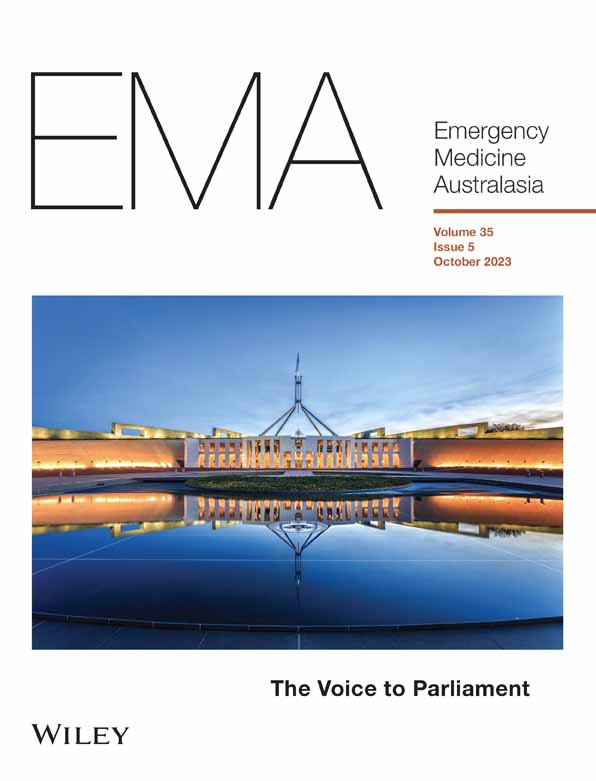Choosing Wisely audit: Blood gas ordering in the emergency department
Abstract
Objective
Our aim was to reduce unnecessary blood gases to improve patient flow, reduce false positives and reduce unnecessary treatments.
Methods
This was a retrospective, single-centre audit of 100 patients in June 2022.
Results
There were approximately 45 blood gases per 100 ED presentations. Following education and poster reminders, a re-audit was undertaken in October 2022, resulting in a reduction of 33% of blood gases ordered.
Conclusion
We have found that many blood gases are ordered for patients who are not critically unwell, and whose disposition was not affected by their result.
Open Research
Data availability statement
The data that support the findings of this study are available on request from the corresponding author.




